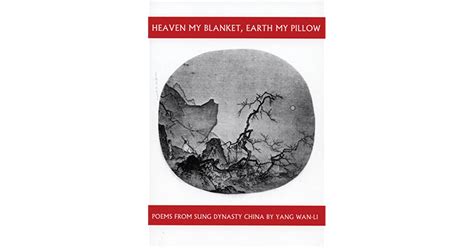A Quote by Fady Joudah
A Concordance of Leaves is an epic poem of the indomitable yet fragile human spirit. Philip Metres brings Palestine and Palestinians into English with rare luminosity. One feels echoes of Oppen's succinct tenderness in the depiction of the numerous characters of this work. Without other, there is no self. And that other is the stranger who must be loved. Concordance is, after all, a wedding poem-leaves and pages in search of a certain passage toward harmony.
Related Quotes
I do not suppose that anyone not a poet can realize the agony of creating a poem. Every nerve, even every muscle, seems strained to the breaking point. The poem will not be denied; to refuse to write it would be a greater torture. It tears its way out of the brain, splintering and breaking its passage, and leaves that organ in the state of a jelly-fish when the task is done.
Truth is that concordance of an abstract statement with the ideal limit towards which endless investigation would tend to bring scientific belief, which concordance the abstract statement may possess by virtue of the confession of its inaccuracy and one-sidedness, and this confession is an essential ingredient of truth.
The subject of the poem usually dictates the rhythm or the rhyme and its form. Sometimes, when you finish the poem and you think the poem is finished, the poem says, "You're not finished with me yet," and you have to go back and revise, and you may have another poem altogether. It has its own life to live.
Lucky accidents seldom happen to writers who don't work. You will find that you may rewrite and rewrite a poem and it never seems quite right. Then a much better poem may come rather fast and you wonder why you bothered with all that work on the earlier poem. Actually, the hard work you do on one poem is put in on all poems. The hard work on the first poem is responsible for the sudden ease of the second. If you just sit around waiting for the easy ones, nothing will come. Get to work.





































